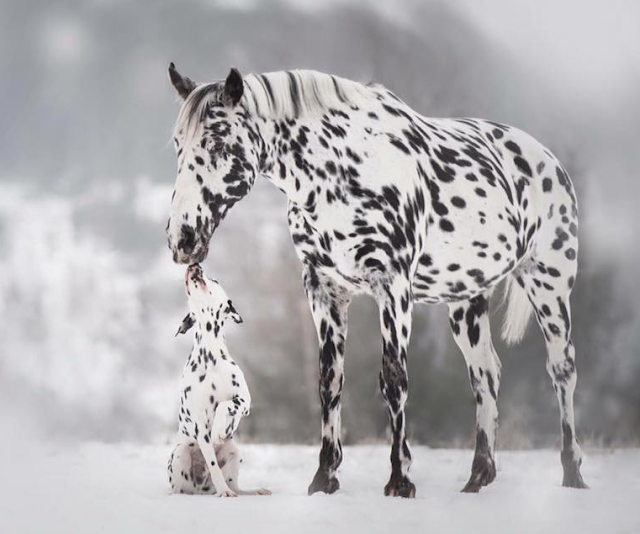because you've seen it with your eyes?
How do you know where to go,
how to identify your guides?
How do you see what was next
In your palm or a show of cards?
How do you learn to detect
The outlines of a scar?
Now the sky holds the night,
As the trees hold the shade.
And the road holds the map
Of every journey I've made.
And the clouds hold the sigh
Of the wind and the rain
In my deep, deep down heart...
My deep, deep down heart.
Now these wheels go so fast
There is nothing here to hold;
I keep pushing back the past
So that the future can unfold.
I guess the best of my mistakes
Show me all that I don't know.
But this strange kind of ache
Never seems to let me go.
And the sky holds the night,
And the trees hold the shade,
And the stars hold the light
That's traveled all this way.
But who holds my hand
So I am not afraid
In my deep, deep down heart
My deep, deep down heart?
I thought I heard my name
Walking late tonight
From the porch after the rain
In this rowing down the light.
There was no one standing there
Beyond the lantern's cast,
But just voices in the air
But just questions that ask,
How the sky holds the night?
How the trees hold the shade?
How your sleep holds your dreams
Till they shake you awake?
And how love holds you up
And then to chooses to break
Your deep, deep down heart...
Your deep, deep down heart?
--Mary Chapin Carpenter, The Things That We Are Made Of, 2016








